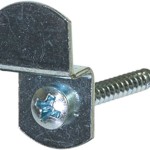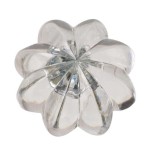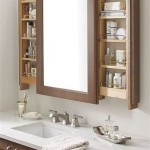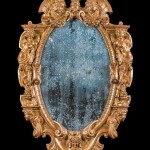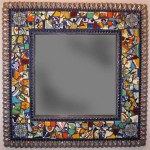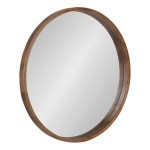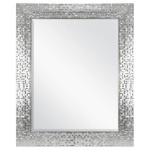How to Mirror AutoCAD Drawings
In the world of computer-aided design (CAD), mirroring is a powerful command that allows you to create a symmetrical duplicate of an existing object. This technique is especially useful for creating mirrored components, architectural plans, and other projects where symmetry is required. In this article, we will explore the essential aspects of mirroring in AutoCAD, providing clear instructions and helpful tips to ensure accurate and efficient mirroring.
Let's begin by understanding the basics of mirroring in AutoCAD. Mirroring involves creating a mirror image of an object by flipping it over a specified axis. You can mirror objects along the X-axis, Y-axis, or any custom axis you define. The result is a symmetrical duplicate that is positioned on the opposite side of the axis.
Choosing the Mirror Axis
One of the critical aspects of mirroring in AutoCAD is choosing the appropriate mirror axis. The axis you select will determine the orientation of the mirrored object. If you want to mirror an object along the X-axis, the mirrored object will be flipped horizontally. Mirroring along the Y-axis will flip the object vertically. You can also specify a custom axis by entering coordinates or selecting two points in the drawing.
Selecting Objects to Mirror
Before mirroring an object, ensure that you have selected the correct objects. You can select individual objects, groups of objects, or even entire layers. It's important to note that mirroring will affect all selected objects, so make sure you have included everything you want to be mirrored.
Executing the Mirror Command
Once you have selected the objects and chosen the mirror axis, it's time to execute the mirror command. You can do this by typing "MIRROR" in the command line or using the Mirror tool from the Modify panel. When prompted, specify the mirror axis and press enter. AutoCAD will then create a mirrored duplicate of the selected objects.
Mirroring Options
AutoCAD provides several mirroring options that allow you to control the behavior of the mirror command. These options include:
- Delete Original Objects: This option deletes the original objects after mirroring.
- Copy Objects: This option creates a copy of the original objects instead of deleting them.
- Mirror Text: This option flips the text along with the mirrored objects.
- Mirror Annotations: This option mirrors annotations, such as dimensions and leaders, along with the mirrored objects.
Tips for Effective Mirroring
Here are a few tips to help you mirror AutoCAD drawings effectively:
- Use the Object Snap feature to ensure that the mirror axis is accurately aligned with the objects being mirrored.
- If you are mirroring multiple objects, group them together before executing the mirror command. This will prevent the objects from being separated during the mirroring process.
- Pay attention to the mirror options and choose the ones that are most appropriate for your project.
- Use the Undo command if you make any mistakes during the mirroring process.
Conclusion
Mirroring in AutoCAD is a versatile command that allows you to create symmetrical duplicates of existing objects. By understanding the essential aspects of mirroring, including choosing the mirror axis, selecting objects, executing the mirror command, and utilizing mirroring options, you can efficiently and accurately create mirrored drawings. With practice, you will become proficient in using the mirror command and will find it invaluable for various CAD projects.

Understanding Autocad Mirror Command

Mirroring Objects In Autocad Ilrated Expression

Autocad 2024 Mirror Command

Enable And Disable Mirror Text Effect In Autocad Mirrext Command

Autocad Mirror Javatpoint

How To Mirror Objects In Autocad

Autocad Mirror Javatpoint

How To Mirror Objects In Autocad

Mirror 3d Commands Practical Autodesk Autocad 2024 And Lt Book
Autocad Tip Working With Mirrored Text Cadline Community

